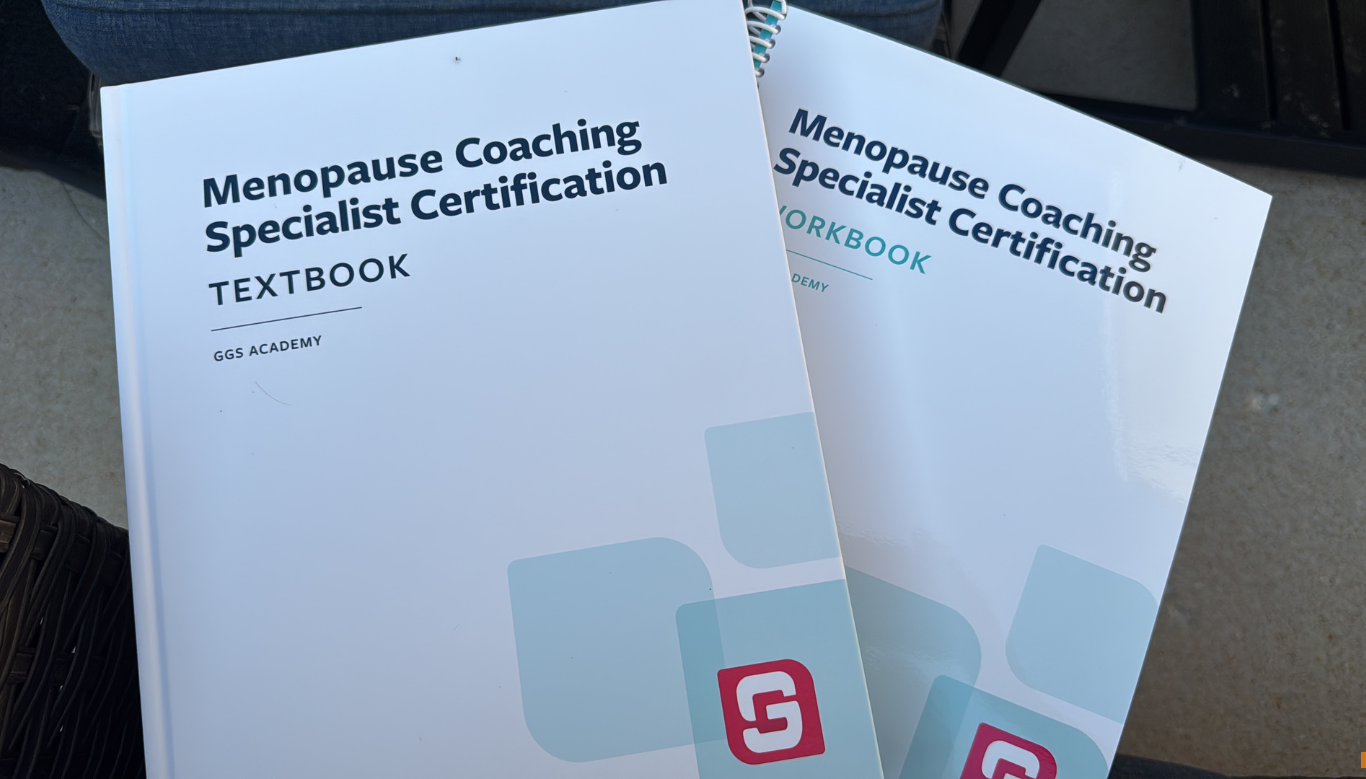Let’s start with this: menopause is not a death sentence.
It’s not the end of your vitality, your strength, or your joy. But it is a major transition—and like any transition, it comes with challenges, questions, and changes. What’s also true? No two women experience it exactly the same way.
Some sail through with minimal symptoms. Others face sleep disruptions, mood swings, hot flashes, or weight gain that feels confusing and frustrating. There’s no one-size-fits-all experience, which means there’s also no one-size-fits-all solution.
As a newly certified Menopause Coaching Specialist through Girls Gone Strong Academy, I want to help take the fear and stigma out of this phase of life. When we understand what’s happening in our bodies, we’re more equipped to support ourselves in ways that actually work.
So let’s begin with the basics: the stages of menopause.
🌀 Perimenopause: The Transition Phase
Perimenopause is the body’s natural ramp-up to menopause, and it can begin as early as your late 30s or early 40s. During this time, estrogen and progesterone levels begin to shift—and not always in predictable ways.
You might notice:
- Irregular or heavier periods
- Hot flushes
- Trouble sleeping
- Mood changes or increased anxiety
- Brain fog or forgetfulness
- Headaches
This stage can last anywhere from a couple of years to a full decade. The symptoms can ebb and flow, which makes it hard to recognize at first. But it’s not just “getting older”—it’s your body entering a new chapter, and it deserves care and attention, not dismissal.
⚡ Menopause: The Milestone Moment
Menopause itself is defined as 12 consecutive months without a menstrual period. The exact age this can happen varies widely. For some, menopause happens earlier due to genetics, lifestyle, surgery, or medical treatments.
By this point, estrogen levels have significantly dropped, and you may continue to feel some of the same symptoms from perimenopause. You might also notice:
- Vaginal dryness or discomfort during intimacy
- Changes in skin elasticity
- Decreased bone density
While this stage is often treated like an ending, it’s also the beginning of a new hormonal baseline—and that means new ways to care for your body and mind.
🌿 Post-Menopause: The New Normal
Once you’ve reached that 12-month mark, you’re considered post-menopausal until the end of life. At this point, lower levels of estrogen and progesterone remain. That can have longer-term effects, especially on:
- Bone health
- Heart health
- Muscle mass
- Metabolism
But here's the empowering part: Your actions during all stages of menopause matter! Nutrition, movement, sleep, and stress management all become powerful tools to support longevity, strength, and overall quality of life.
This is not the time to shrink back or “accept decline”—instead it can be a time to look at it being a new chapter to build awareness of your body and dedicate time to taking care of it like it deserves.
You’re Not Broken—You’re Evolving
Every woman deserves better information, better support, and better conversations around menopause. You don’t have to figure it all out alone—and you don’t have to accept feeling “off” as your new normal.
In the posts to come, I’ll break down what to eat, how to train, and how to manage sleep and stress during menopause in practical and real life ways.
Next up on 8/14: Nutrition and Menopause—Best Practices


